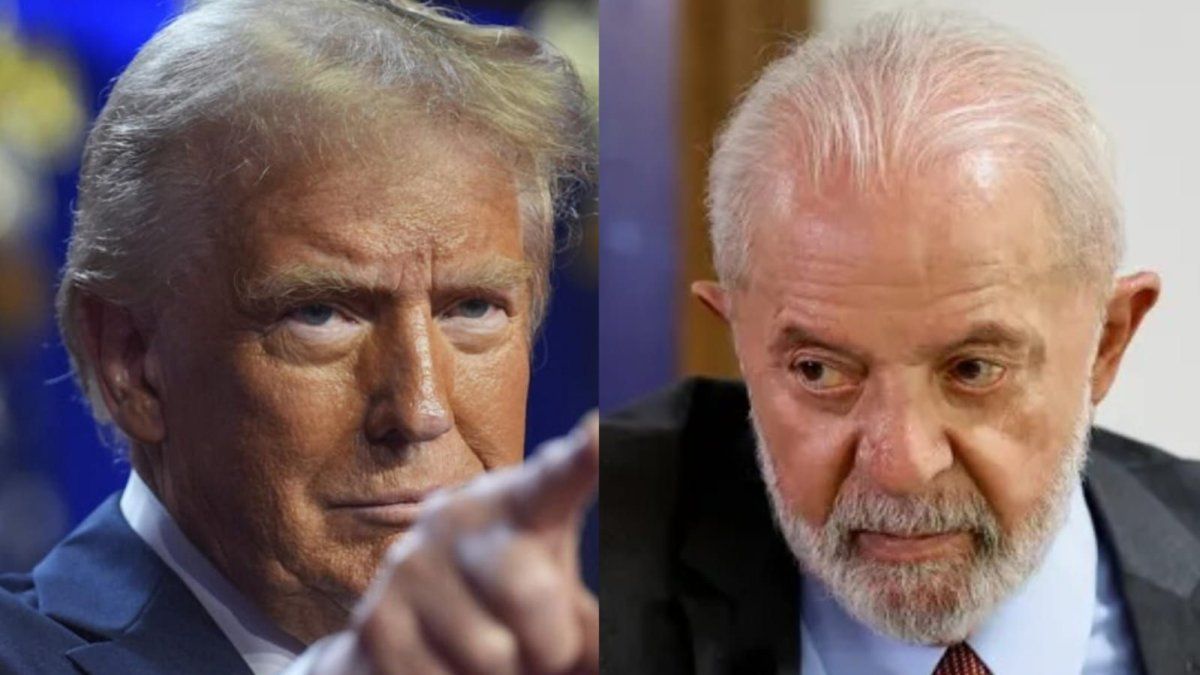The colorful building blocks are indispensable in children’s rooms – but the difficult year on the toy market did not leave the Danish company unscathed.
Despite a difficult year in the toy market, Lego has held its own in the race with stable results. Nevertheless, the colorful token company from Billund in Denmark also had to lose something. The company made a bottom line profit of 13.1 billion crowns (1.76 billion euros), as Lego announced. Last year it was 13.8 billion crowns. This slowed down the toy company’s previously rapid growth.
According to Lego boss Niels Christiansen, it is still a solid result. “We are very satisfied with how the Lego Group developed last year, even though the toy market was quite negative,” said the manager of the German Press Agency. “It was probably the most negative toy market in 15 years.” There are always fluctuations in the toy business – but overall it is relatively stable. In the meantime, there had been an upswing in the market – Christiansen believes that the positive development in 2022 could have been a reaction to this.
Annual sales rose by 2 percent to 65.9 billion crowns (8.8 billion euros) in 2023. The best sellers included the City, Technology, Star Wars and Harry Potter series. The company also has sustainability ambitions: 12 percent of a building block in 2023 was made from renewable resources. The goal is to use 100 percent renewable or recycled materials by 2032.
Market share increased
Demand for Lego products has exceeded that of the industry, the company said. The market share has grown significantly, especially in the USA. The market in Germany was also tougher than in the previous year. Nevertheless, one thing is clear for Lego: “The German market is really the heart of the Lego Group, and it always has been,” said Christiansen. The company’s strong financial position allowed it to invest in the long term, particularly in digital, sustainability and production.
Lego opened a further 147 stores last year, bringing it to more than 1,000 locations worldwide. Many of them are in China. In addition to the stores, the digital space is also an important factor, said Christiansen. “The brand is very strong, and we do a lot to stay relevant – or to stay cool for kids by being present where they are.” These included the video game market such as Lego Fortnite, films and online instructions.
“Fundamentally, I believe we are competing for children’s time and attention,” the manager said. So you have to be where they are. “And you want to create something that they find exciting. And sometimes that’s digital, but often for us, of course, it’s still physical.”
Source: Stern




